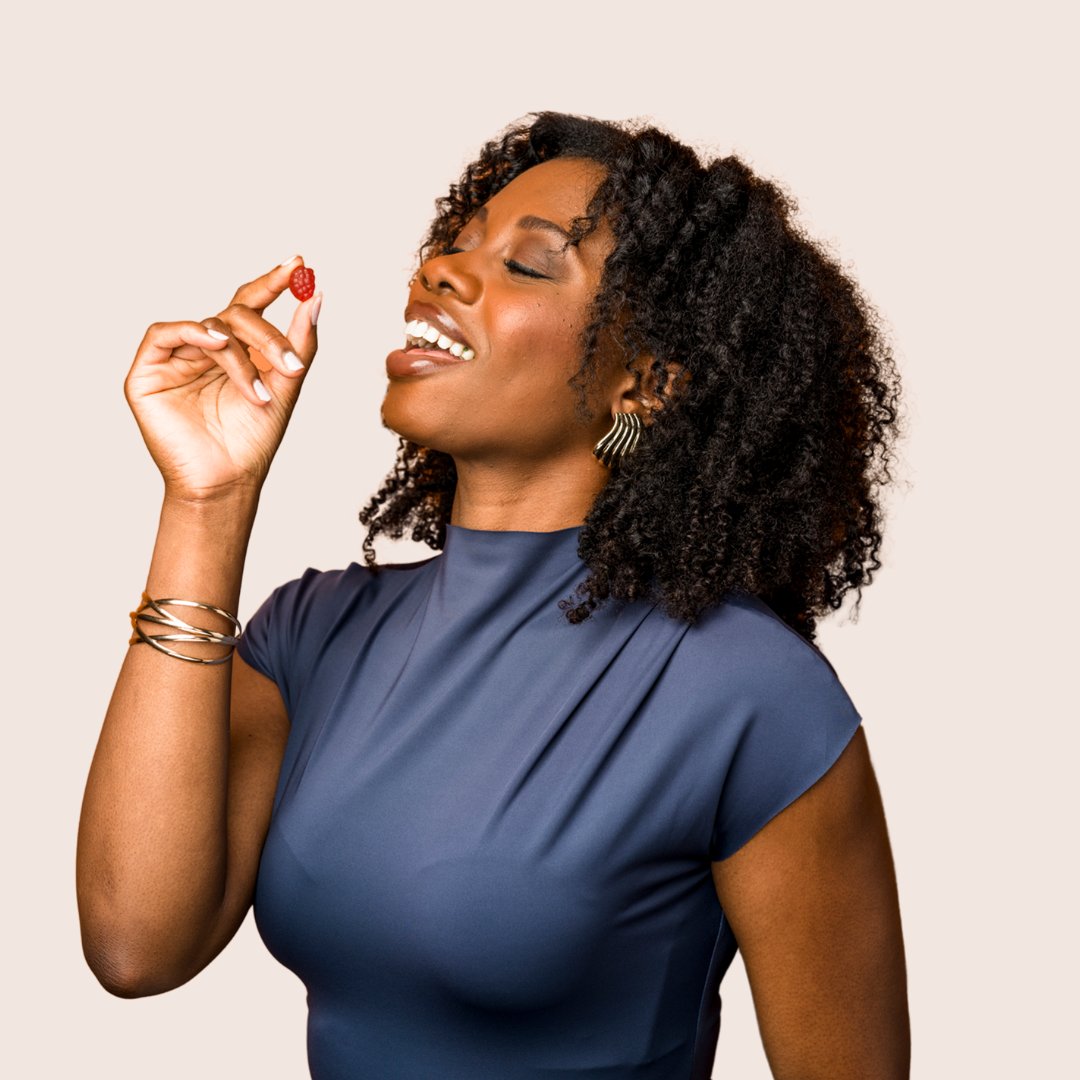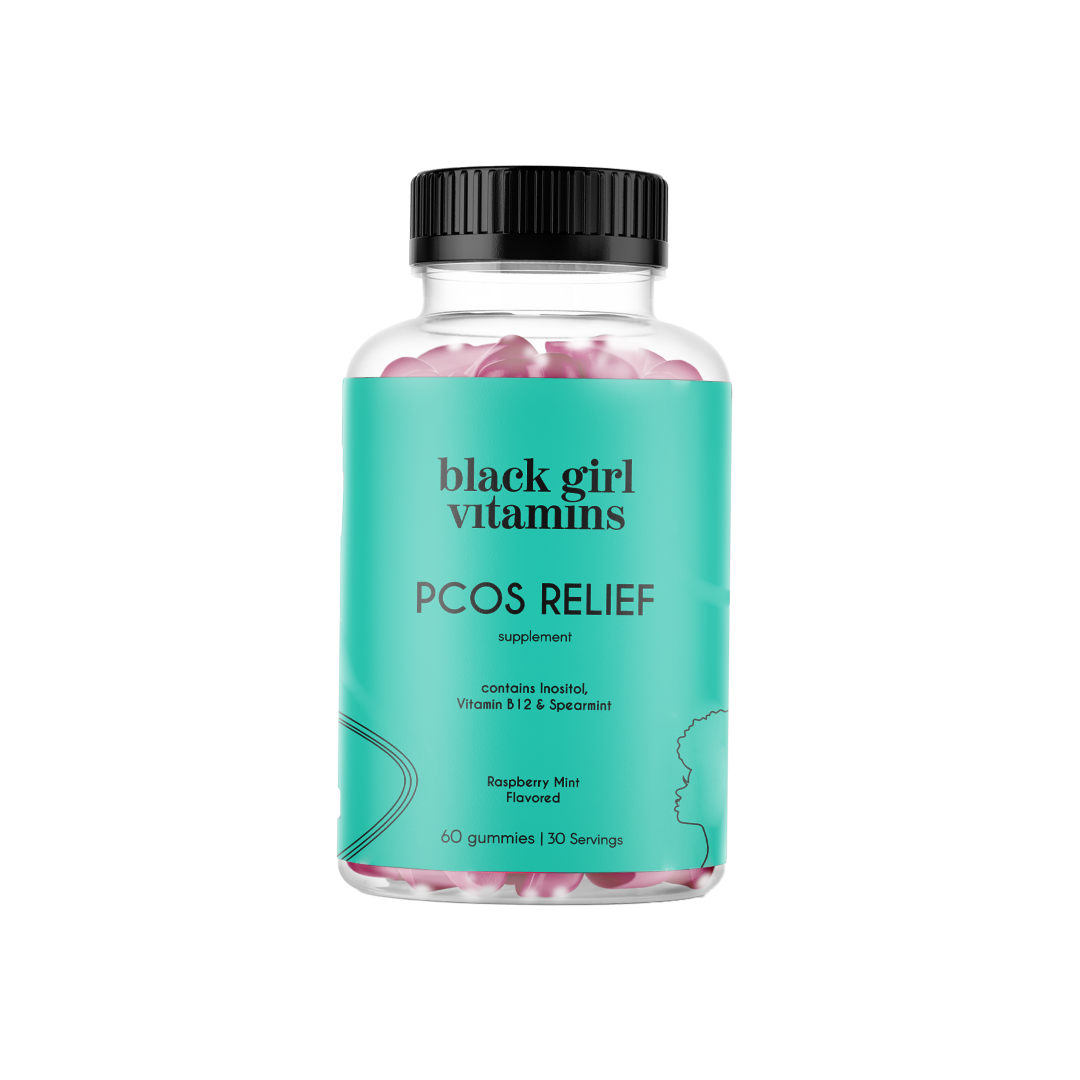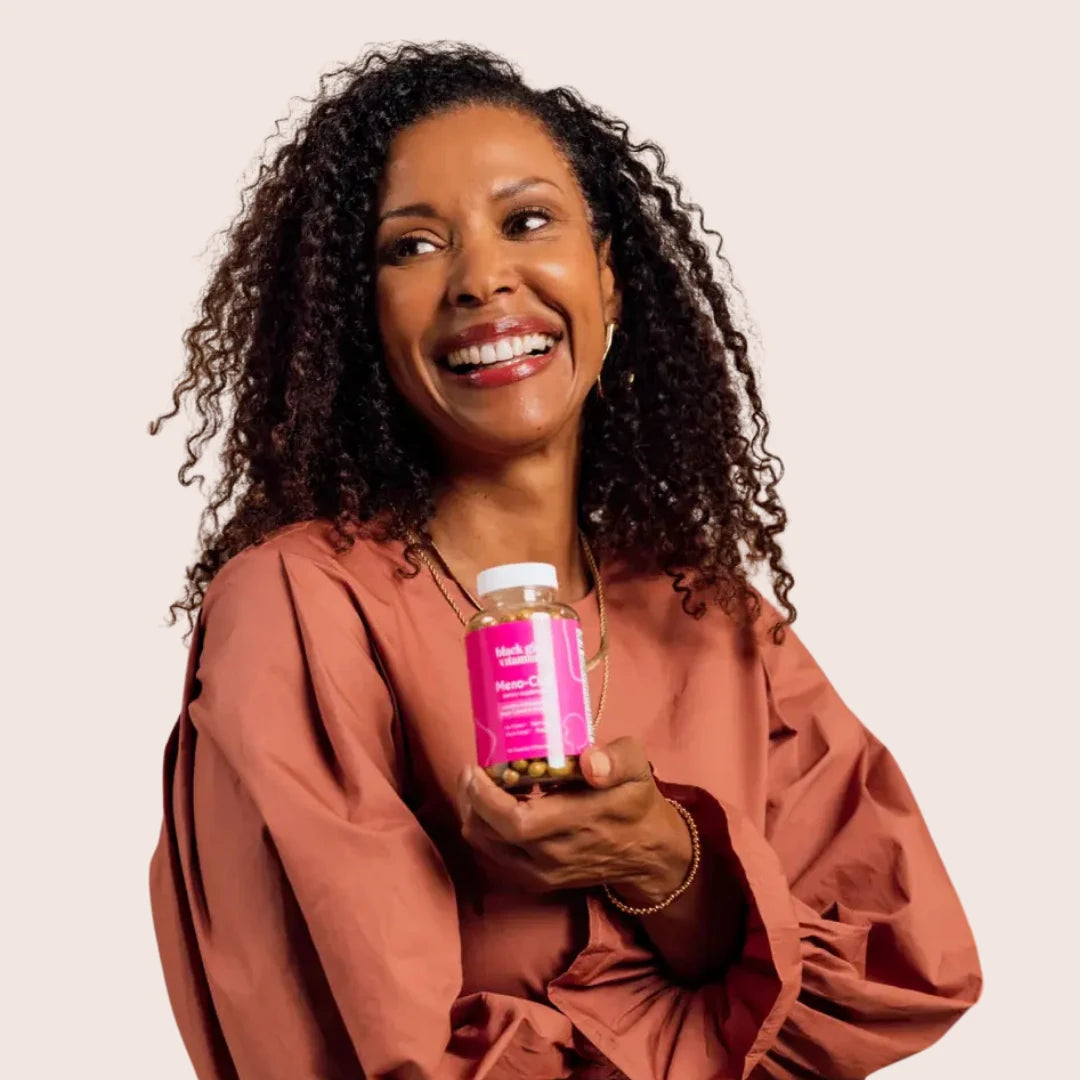Black Women in Medicine: Is Healthcare Finally Ready to Inequality and Disparities?
Ganiyat Adeniji for Black Girl Vitamins
As we navigate the complexities of healthcare, it's crucial to recognize and address the disparities and challenges faced by Black women. One particularly concerning issue is the under-representation of Black women in the medical field. Despite the significant impact Black women have on healthcare outcomes and our unique health needs, we make up less than 3% of doctors in the United States. This under-representation not only impacts the diversity of perspectives and experiences in medicine but also perpetuates the systemic issues of racism and sexism within healthcare. The statistics are clear: Black Americans constitute about 13% of the US population, but they represent only 5.7% of the active physician workforce. Among them, only 2.8% are Black women.
To effectively address the lack of representation of Black women in medicine, it's essential to contextualize this issue within the broader scope of history and societal structures. The historical legacy of racism and sexism has contributed to the under-representation of Black women in healthcare professions. Systemic barriers, discrimination, and inequitable opportunities have limited the presence of Black women in medical schools, residency programs, and leadership positions within the healthcare system.

Photo Credit- iStock by Getty Images
Understanding the Imbalance: Overcoming Stereotypes and Bias
Why are there so few Black female doctors in the US? One of the reasons goes back to a report from over 100 years ago, called The Flexner Report. This report was supposed to improve the quality of medical education, but it also closed down more than half of the medical schools in North America, including most of the ones that accepted Black students. This made it very hard for Black people – especially females – to become doctors. In fact, if those schools had stayed open, we could have had almost 30% more Black doctors graduating in 2019.
Black women often face stereotypes and biases within the healthcare system, both as patients and as aspiring medical professionals. These stereotypes can influence the way our symptoms and concerns are perceived, leading to disparities in diagnosis, treatment, and overall healthcare experiences. Additionally, as potential medical professionals, Black women may encounter biased selection processes and inadequate support systems within medical education and training, further limiting our representation in the field. Black female doctors are likely to face double discrimination based on their race and gender, both in medical school and in their professional careers.
Let’s talk about the Impact of Representation in Healthcare. Representation matters, so increasing the presence of Black women in healthcare can bring about positive changes in patient care, research, and policy development. Black women doctors can provide culturally competent care, reduce unconscious biases in medical decision-making, and serve as role models for the next generation of aspiring healthcare professionals. Moreover, diverse perspectives within the medical field can lead to innovative solutions to address the unique health challenges faced by Black women.
Progress: Steps Towards Equality: In recent years, there has been a growing recognition of the need to address systemic inequalities in healthcare. Initiatives aimed at promoting diversity and inclusion within medical schools, residency programs, and healthcare organizations have gained traction, signaling a potential shift towards a more equitable and representative healthcare system. Mentorship programs, outreach efforts, and advocacy for policy reforms are crucial steps in nurturing the talents and aspirations of Black women pursuing careers in medicine.
How do we Move Forward? Collective Action and Change? The imperative to address the under-representation of Black women in healthcare requires collective action and sustained commitment from individuals, organizations, and institutions. By promoting inclusive policies, prioritizing diversity in leadership roles, and fostering mentorship opportunities, the healthcare community can work towards creating an environment where Black women are valued, supported, and given equitable opportunities to thrive in the medical field. Initiating difficult conversations about racism, sexism, and bias in healthcare is a crucial step toward creating a more just and inclusive healthcare system.
The Role of Black Girl Vitamins:
As advocates for the health and empowerment of Black women, Black Girl Vitamins stands at the forefront of supporting initiatives that aim to address healthcare disparities and under-representation. By highlighting the importance of diversity in healthcare and amplifying the voices of Black women in medicine, Black Girl Vitamins contributes to the ongoing dialogue about equity, inclusion, and justice in healthcare. We shed light on the overlooked problems that Black women face. Did you know that 82% of Black women experience certain major deficiencies? Black Girl Vitamins raise awareness while also providing solutions!
Through community engagement, educational resources, and strategic partnerships, Black Girl Vitamins continues the advancement of Black women in the healthcare landscape. Black Girl Vitamins is all about empowering the black community by offering scholarships and supporting Black health practitioners. By offering scholarships, we advance the careers of health practitioners who look like us, thereby helping to produce more Black doctors who can make a positive impact in our community.
The under-representation of Black women in the medical field is a multifaceted issue that demands attention, action, and change. As we strive to create a healthcare system that is truly responsive to the needs of all individuals, we must confront the systemic barriers and prejudices that have contributed to this disparity. Black Girl Vitamins remains committed to advocating for the advancement and empowerment of Black women in healthcare, and we call upon the broader healthcare community to join us in this endeavor. Together, we can work towards a future where Black women are not only represented in medicine but are also leaders, innovators, and champions of health equity. Remember, your health matters, your voice matters, and your representation matters.
Empower yourself. Empower your community. Empower Black women in healthcare.
Reviewed by Bryanne N. Standifer-barrett, MD



























